Ethiopia
Activists in Ethiopia were set to declare a new region for their Sidama ethnic group on Thursday in defiance of the central government, with some residents of the southern city of Hawassa worried that it could lead to violence.
The declaration will be a litmus test of whether Prime Minister Abiy Ahmed’s federal government can maintain its commitment to peaceful political reforms in the face of increasing demands from competing ethno-nationalist groups.
“Red berets, regional special police force are patrolling with grim faces and guns pointed. Special forces can be seen in all corners and small streets,” one resident in Hawassa told Reuters.
Some of his friends were so concerned that violence would erupt on Thursday that they sent their wives and children to the national capital Addis Ababa, he added.
The federal system in Africa’s second most populous nation is designed to allow larger ethnic groups a degree of autonomy.
But smaller groups such as the Sidama, who make up about 5% of Ethiopia’s 105 million people, say they have been sidelined. In addition to the Sidama, at least eight more ethnic groups are campaigning for their own regions.
Hawassa city is the capital of the multi-ethnic southern nations region, but some Sidama – who make up the largest group within the region – claim it as the capital of their own new region.
Fasika Qedele, another Hawassa resident, said it was time for the Sidama people to achieve self-rule.
“The Sidama people have lived under repression for years and years. Now we are super excited as we are on the eve of declaration of our self administration,” he said, adding the people had the capacity and the educated workforce to do this.
On Wednesday, the streets of Hawassa were unusually quiet apart from patrols of truckloads of federal police.
Outside the airport, freshly painted signs announced “Welcome to Sidama National Regional State”.
A planning meeting between elders and activists trying to decide on a course of action for Thursday turned heated. Reuters journalists were asked to leave the meeting for what some activists said was their own safety.
Some activists said the government would lose legitimacy if it responded to the declaration with violence.
“I don’t think the government would opt to dismantle itself by resolving to the use of force,” said Tariku Lema, a youth activist. “If the government pursues this track, the people would accelerate their struggle.”
REFERENDUM REQUEST
On Tuesday, the National Election Board tried to defuse the situation at the last minute by promising the Sidama they could hold a referendum on having their own region within five months.
But some activists said they had already requested a referendum a year ago with no response. The constitution guarantees the right to a referendum within a year, but does not say what should happen if it is not held.
Tariku, the Sidama activist, said minorities would be protected in the new region like all other Ethiopians.
“As citizens, they would be entitled to all social and democratic rights in the constitution,” he told Reuters.
Ethiopia has seen an explosion of violence since Abiy began his reforms, which have included ending bans on political parties, releasing political prisoners and welcoming home rebel groups.
More than 2.4 million Ethiopians have fled their homes due to drought or violence, the U.N. says, making it the country with the highest number of displaced people in the world.
REUTERS



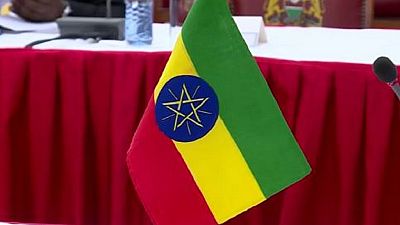

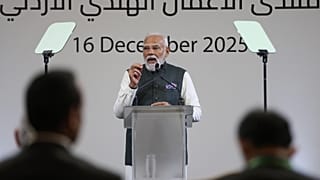
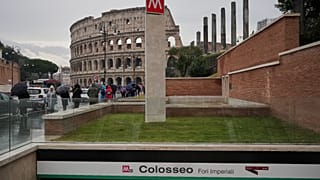
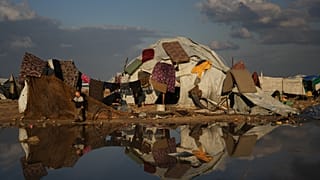
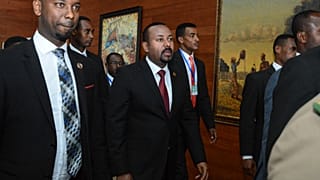
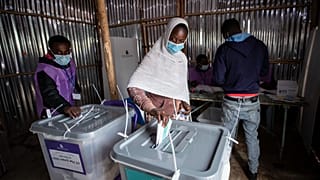
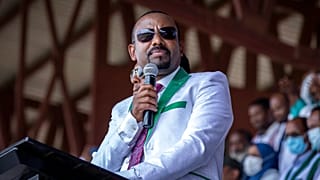
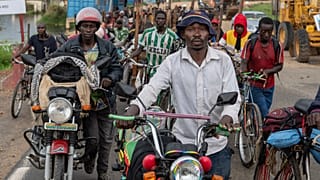

00:49
Eritrea announces departure from IGAD regional bloc
00:54
Volcano in northern Ethiopia erupts for the first time in 12,000 years
00:58
Ethiopia confirms three deaths in new Marburg virus outbreak
01:07
Afar region accuses TPLF fighters of crossing border and seizing villages
01:14
Civil trial over payouts to families of Ethiopia Boeing crash victims to proceed